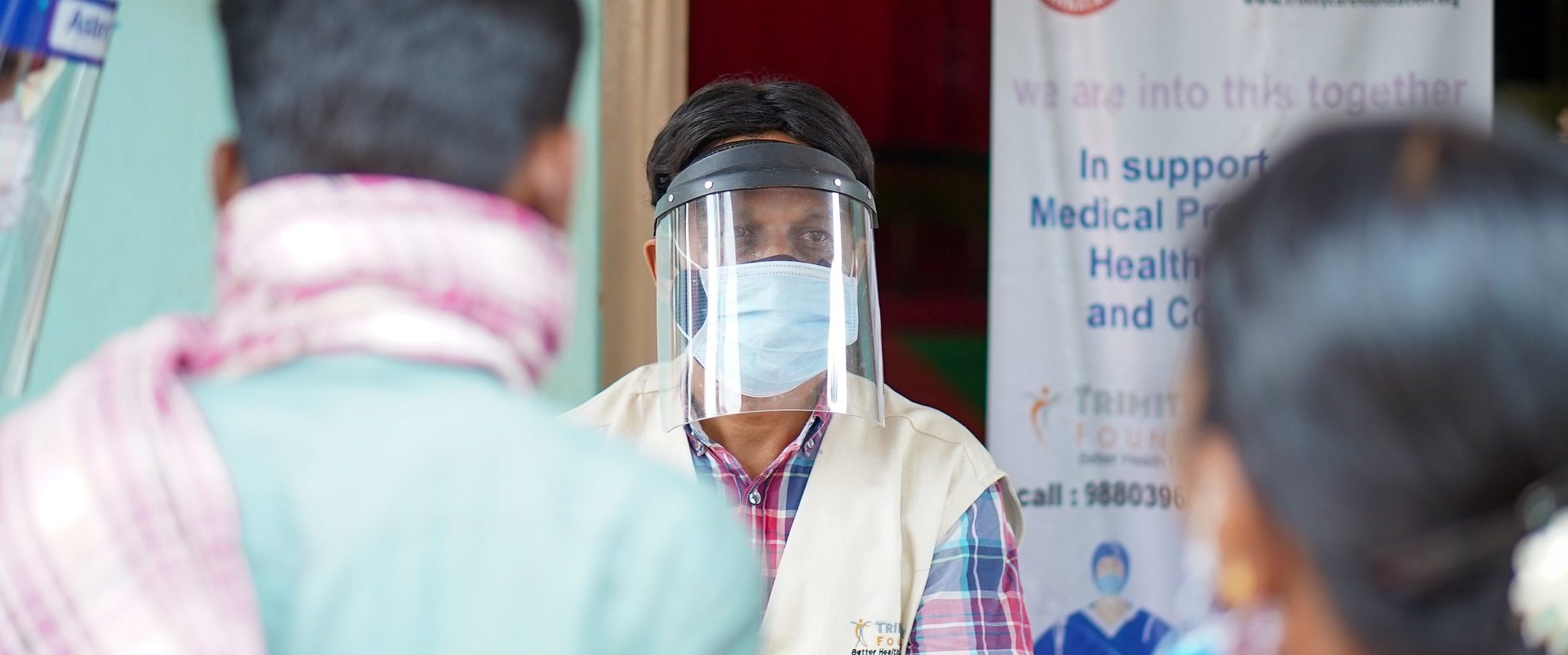
Community health workers and COVID-19: Cross-country evidence on their roles, experiences, challenges and adaptive strategies
Read this PLOS Global Public Health paper here [opens new tab]
This paper contributes to learning about community health workers’ (CHWs’) experiences during COVID-19. The paper synthesises evidence from a set of research projects undertaken over 2020–21 in India, Bangladesh, Pakistan, Sierra Leone, Kenya and Ethiopia. It uses data produced by Oxford Policy Management and was undertaken and written in collaboration with ReBUILD partners.
The study found that CHWs made important contributions to the COVID-19 response, including in surveillance, community education, and support for people with COVID-19. There was some support for CHWs’ work, including training, personal protective equipment and financial incentives. However, support varied between countries, cadres and individual CHWs, and there were significant gaps, leaving CHWs vulnerable to infection and stress. CHWs also faced a range of other challenges, including health system issues such as disrupted medical supply chains, insufficient staff and high workloads, a particular difficulty for female CHWs who were balancing domestic responsibilities. Their work was also affected by COVID-19 public health measures, such as restrictions on gatherings and travel; and by supply-side constraints related to community access and attitudes, including distrust and stigmatization of CHWs as infectious or informers. CHWs demonstrated commitment in adapting their work, for example ensuring patients had adequate drugs in advance of lockdowns, and using their own money and time to address increased transport costs and higher workloads. Effectiveness of these adaptations varied, and some involved coping in a context of inadequate support.
Overall, CHWs are seen as being critical for effective response to disease outbreaks, including pandemics like COVID-19. To support CHWs’ contribution and protect their wellbeing, CHWs need adequate resources, managerial support, and motivation.
Read this PLOS Global Public Health paper here [opens new tab]
Authors
Solomon Salve 1, Joanna Raven 2, Priya Das 1, Shuchi Srinivasan 1, Adiba Khaled 3, Mahwish Hayee 4,
1 Oxford Policy Management, India
2 Liverpool School of Tropical Medicine
3 Oxford Policy Management, Bangladesh
4 Oxford Policy Management, Pakistan
5 Oxford Policy Management, Nigeria
6 Oxford Policy Management, UK
Further information
- Watch Solomon Salve deliver a presentation on this research
- Further information on the background to this study and other outputs
Image: Fight Against COVID-19 @ Jangamakote Village, India – Trinity Care Foundation via Flickr [opens new tab]